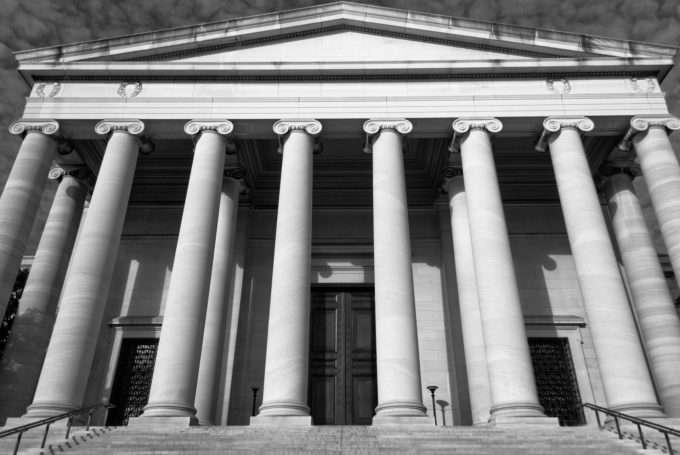
TC Heartland v. Kraft Foods Group Brands: SCOTUS Limits Patent Infringement Venue
By Rachel Newell – Edited by Filippo A. Raso
TC Heartland LLC v. Kraft Foods Group Brands LLC, 137 S. Ct. 1514, 1517 (2017)
In an 8-0 decision written by Justice Thomas, the Supreme Court of the United States held in TC Heartland LLC v. Kraft Foods Group Brands LLC, 581 U.S., 1517 (2017), that the patent venue statute, 28 U.S.C. § 1400(b), defines a domestic company’s residence as its place of incorporation. The Court’s ruling, which reversed the United States Court of Appeals for the Federal Circuit, ended the recent trend of lower courts expanding the definition of residence.
The case arose from an alleged patent infringement case. Kraft Foods filed suit against TC Heartland in the District Court for the District of Delaware. In response to the allegation, TC Heartland moved to transfer venue to Indiana, its place of incorporation, claiming that venue was improper in Delaware. Section 1400(b) states that patent infringement cases can be heard in either (i) where the defendant resides or (ii) where the defendant infringed the patent, so long as it has a regular and established place of business. TC Heartland argued that it resides in Indiana and lacks the regular and established place of business in Delaware, relying on Fourco Glass Co. v. Transmirra Products Corp., 353 U.S. 222 (1957), which defined “residence” under Section 1400(b) as the place of incorporation. The trial court rejected TC Heartland’s claims and the Federal Circuit affirmed the lower court’s ruling. According to the Federal Circuit, the general venue statute, 28 U.S.C. § 1391(c), supplies the definition of residence under Section 1400(b). Section 1391(c) grants venue wherever a court has personal jurisdiction over a defendant.
The Supreme Court rejected Kraft’s argument that Section 1391(c), which Congress amended following Fourco to encompass “all civil actions,” provides the relevant definition for patent infringement claims. The Court reasoned that its interpretation of Section 1400(b), which can be traced to a statute enacted in 1897, has been consistent. Justice Thomas highlighted the history of venue statutes and their case law to underscore that patent venue issues are separate from general venue considerations. Despite Congress amending Section 1391(c) after Fourco, Congress also added a savings clause in Section 1391(a) that states the provision does not apply when “otherwise provided by law.” The Court concluded that Section 1400(b) is a separate provision of law, and as a result, it supersedes Section 1391(c). The Court reasoned that had Congress wanted to make such a significant shift in the law by having 1391 take precedence, it would have indicated so clearly. With this ruling the Court has tightened the requirements for venue, limiting the number of courts where a patent infringement claim can be heard. The Court underscored that its ruling applies to only domestic entities, leaving the question of how to handle international parties to a later time.
Gene Quinn, writing for IP Watchdog, provides an overview of the case and discusses the implications of the Court’s ruling. Berry Herman et al., from Womble Carlyle, discuss how the Court’s ruling could impact a number of legal actors beyond patent holders—such as judges and lawyers—in regions of the country which up until now have not handled many IP cases.